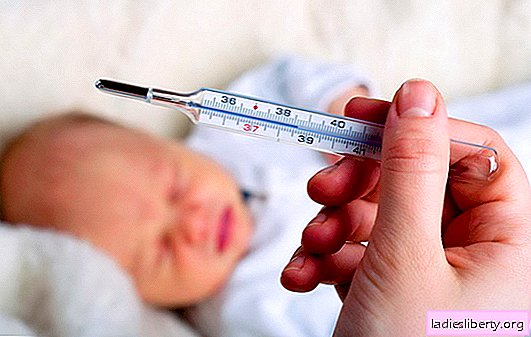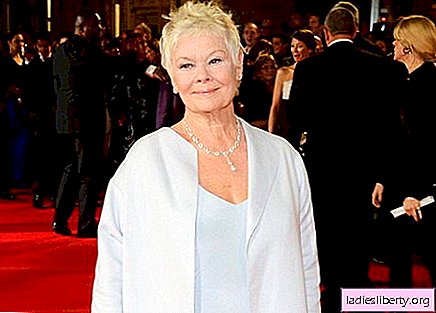
Increasing blood pressure in the elderly is considered a “natural” law of aging among cardiologists. However, studies of adults from isolated nations have found little evidence of an increase in blood pressure due to aging.
What did ethnological research reveal?
Yanomamo and Ekuana belong to the tribes of South America. They live in Venezuela and not far from the Amazon region. Yanomami live in isolation from hunting and agriculture. Their diet is mostly vegetarian, high in fiber and low in salt. Ekuana have contact with Western civilization through the nearby airport. They value processed and salty foods.
Researchers from the Bloomberg School of Public Health in Baltimore visited two nations. They measured blood pressure in 153 residents aged 1 to 60 years. In the Yanomamo tribe, the mean value was 95.4 mm and systolic and 63.9 mm diastolic pressure. Ekuanaimeli 104.0 mm and 66.1 mm Hg In the United States, average blood pressure is 122/71 mmHg. Art.
According to Noel Muller and his colleagues, both tribes had approximately the same blood pressure level. In Yanomami, blood pressure remains low throughout life. In Yekuan, a slow but steady increase in systolic pressure is already observed in childhood. At the age of 10 years, the difference is already 5.8 mm Hg; at the age of 50, it is already 15.9 mm Hg.
Even in the US, high blood pressure begins in childhood. According to Muller, the rate of increase is 1.5 mm Hg. Art. for boys and 1.9 mmHg. Art. for girls a year. In adults, blood pressure rises by 0.6 mm RT. Art. in year.
In childhood, there is a “window of opportunity” in which interference with lifestyle can prevent a subsequent increase in blood pressure.
Yekuan has a slight increase in blood pressure with age compared to Yanomamo. However, the increase in systolic and diastolic pressure is so insignificant that it does not affect the life of the tribe.
Does reducing salt intake not always help?
More than 2,600 men and women aged 30 to 64 years were observed over a 16-year period. The concentrations of sodium, potassium, magnesium and calcium were presented in quintile intervals of daily intake. Systolic and diastolic pressures were also measured.
People who consumed less than 2.5 g of sodium per day had higher blood pressure. Participants with the lowest systolic or diastolic pressures simultaneously consumed a lot of sodium (about 3.717 g) and potassium (about 3.211 g) in combination. Similar observations were made by Moore and her colleagues regarding calcium in combination with magnesium.
The results show that a low-salt diet does not have a long-term positive effect on hypertension.
Therefore, salt intake below 2.3 g per day is not recommended. The combination of various salts (magnesium, sodium, calcium or potassium) reduces pressure.
In patients with high blood pressure, a decrease in sodium chloride intake to less than 6 grams per day leads to a decrease in blood pressure. However, a further decrease in salt concentration does not improve the situation.
Is a diet necessary for hypertension?
German scientists believe that there is no need to drastically limit salt intake.
As far as is known, in patients with hypertension a decrease in sodium chloride intake to a minimum level leads to a decrease in blood pressure.
These recommendations were obtained from interventional studies and partly from observational ones. However, the relationship between saline intake and cardiovascular risk or mortality has not been fully proven.
With hypertension, it is recommended to reduce the intake of sodium chloride to 2.3 g per day. A further decrease in salt intake does not make medical sense. According to epidemiological studies, a complete rejection of the addition of sodium chloride is not beneficial.
New studies show that the role of diet and age is not as strong as previously thought. Perhaps there are other factors that play a role in the development of hypertension.











